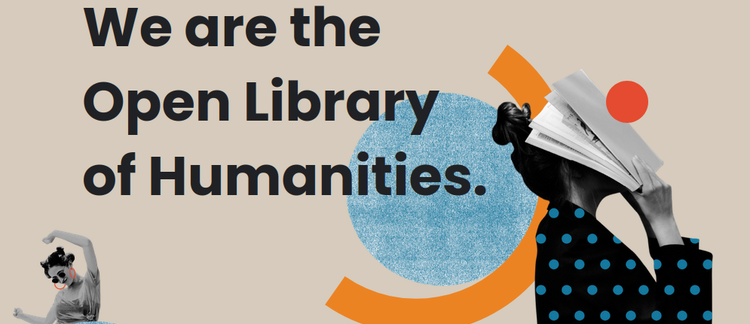OA Publishing in Religion and Theology
Posted by Martin Paul Eve on 2 April 2013



Gary F. Daught who runs the Omega Alpha website on open access publishing in religion and theology has published an extensive interview with two of the OLH's committee members – Peter Webster (British Library) from the Academic Steering and Advocacy Committee and Justin Meggitt (Cambridge) from the Advocacy Forum. As Daught writes, academics within theology and religious studies are considered to be among the more sceptical members of the academic community with respect to open access publishing and the emergence of new models of peer review and dissemination offered by megajournals.
Daught writes that:
As I looked over the lists of assembled OLH committee members, I was somewhat surprised but also very proud to discover representation from not just one (if even one) but three Religious Studies scholars. Peter Webster (an independent historian of religion in twentieth century Britain, whose day job is at the British Library) and Steven Engler (Professor of Religious Studies at Mount Royal University, Calgary, Canada) are members on the Academic Steering & Advocacy Committee. Justin Meggitt (University Senior Lecturer in the Study of Religion at the Institute of Continuing Education, University of Cambridge) is a member on the Advocacy Forum.
I was surprised because, to put it honestly, the Open Library of Humanities project represents new and non-traditional thinking regarding the nature and future of scholarly communication in the Humanities. Others may reflect similarly from within their own disciplines, but as a generalization, I know religion and theology scholars are committed to long-standing and authoritative academic traditions. They tend to be skeptical of fads or what they perceive to be change for its own sake. Would they be able to see any relevance for themselves in an open access and multi-disciplinary project like this? And yet, I felt proud to see these particular scholars coming out to engage this new thinking through direct participation in the OLH project. It was sort-of a validation of my own open access advocacy in religion and theology, and an opportunity to demonstrate that, yes, there are real scholars within the discipline who are thinking about and embracing new mediums and formats of research communication.
You can read the interview in full in Daught's article for Omega and Alpha.
Image by Russ Matthews under a CC BY-NC license.

